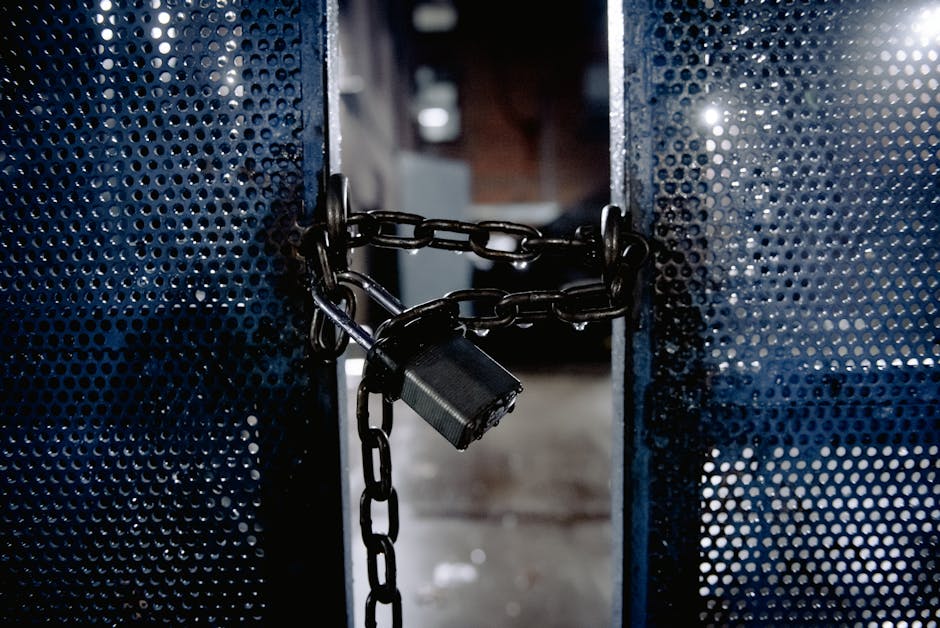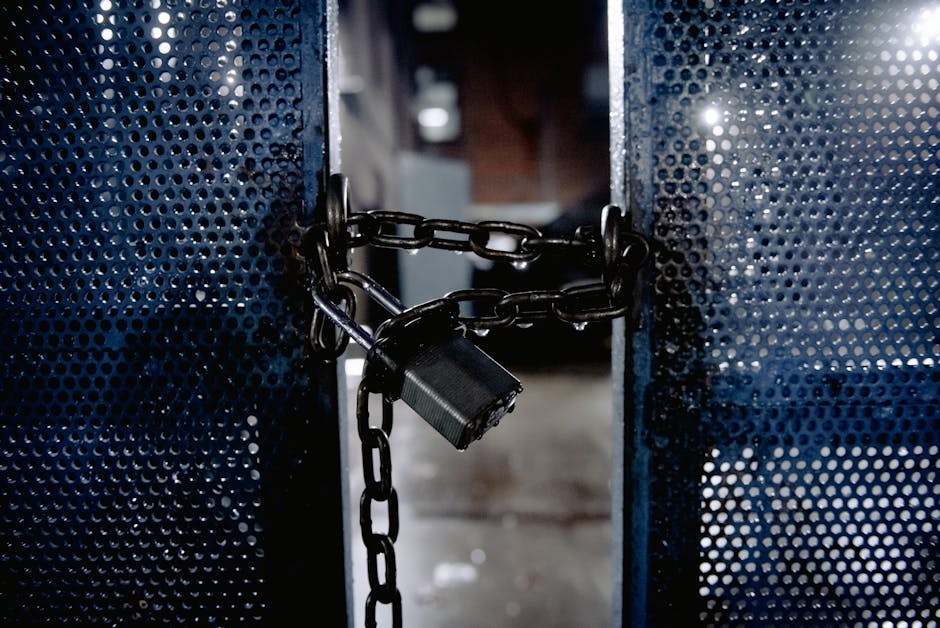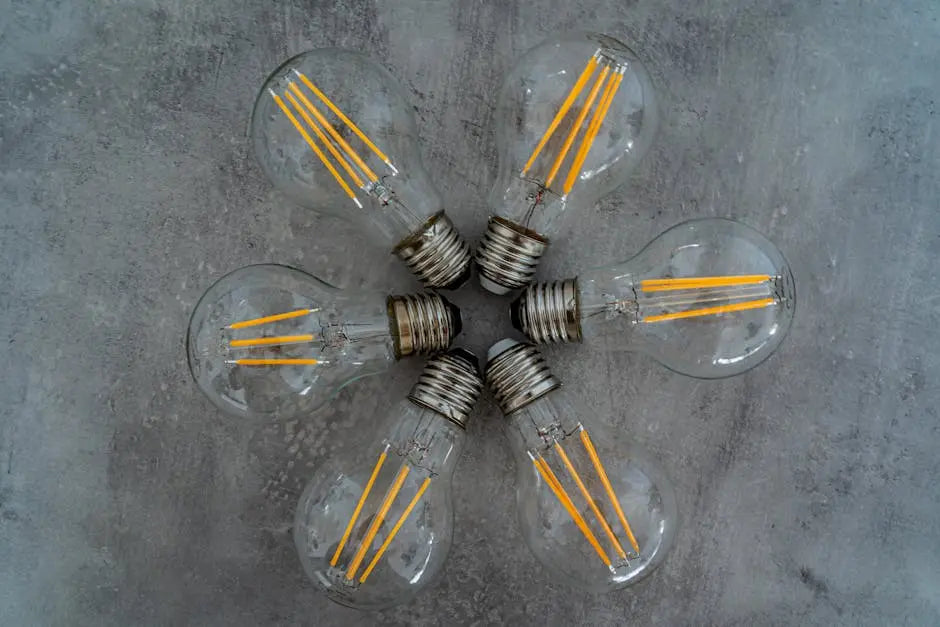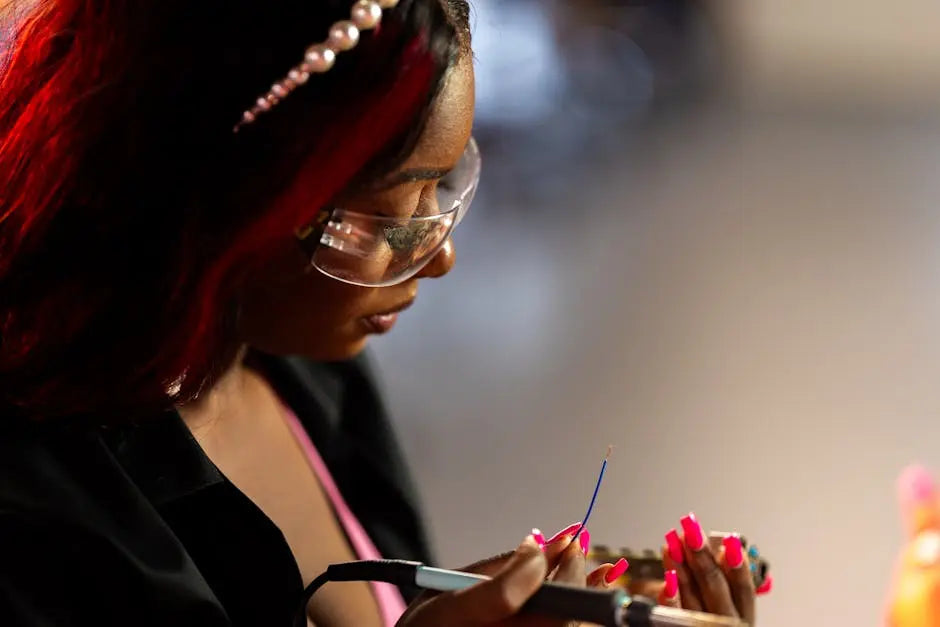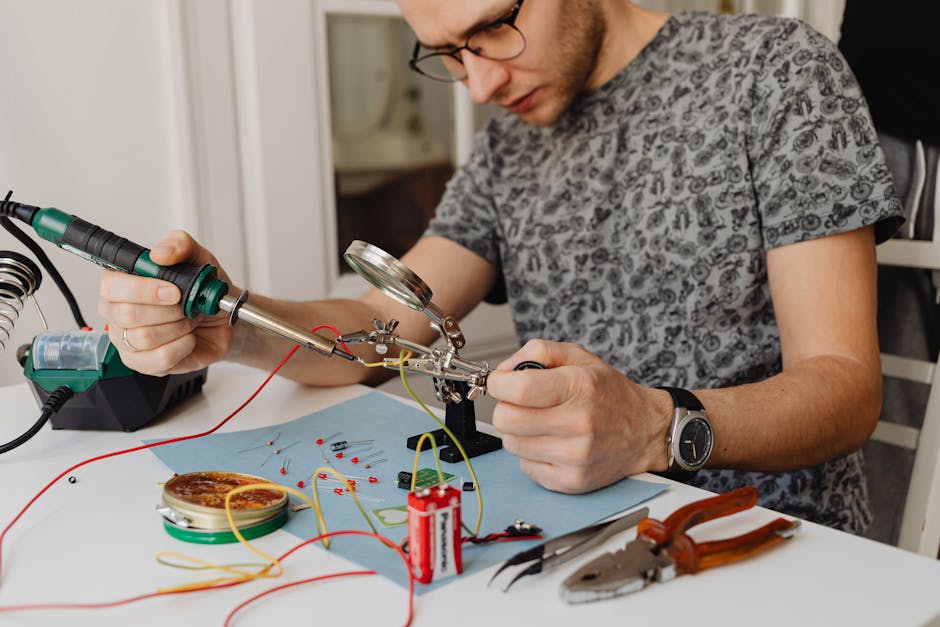Essential Safety Tips Every Homeowner Should Know from a Professional Residential Electrician
Understanding the Role of a Residential Electrician
A residential electrician is like your home’s safety guard, but for all things electrical. They ensure that your house is wired properly so you and your family stay safe. Think about them when you’re setting up new gadgets, dealing with a flickering light, or even planning big projects like a home renovation. Their job isn’t just about fixing things; it’s about preventing potential electrical hazards before they happen. For any electrical work, it’s crucial to have a professional on board. They know the ins and outs of your home’s electrical system and ensure everything meets the safety standards. So, when you think electricity, think safety, and remember the role of your friendly neighborhood residential electrician.
The Importance of Electrical Safety at Home
Keeping your home safe from electrical hazards is crucial, and it doesn’t have to be complicated. As a professional residential electrician would tell you, accidents related to electricity can cause serious injuries, or, in the worst cases, fatalities. Simple steps can prevent these dangers. First, understand that water and electricity are a dangerous mix. Always keep electrical appliances away from water, and if you spot any appliance or wire near water, don’t touch it before ensuring it’s completely dry or, better yet, have a professional check it. Secondly, overloaded outlets are a no-go. Plugging too many devices into a single outlet can overheat the system and lead to fires. Distribute your appliances across multiple outlets to avoid this. Additionally, regular checks on your cords and outlets for any signs of wear or damage can save you from electrical mishaps. If a cord is frayed or an outlet looks burnt, it’s time for a replacement. Always remember, when in doubt, calling in a professional is the safest bet. They know what to look out for and have the right tools to fix any issues safely. Prioritizing electrical safety is not just about protecting your gadgets, but more importantly, it’s about keeping you and your family safe.
Identifying Common Household Electrical Hazards
Recognizing the electrical dangers lurking around your home is key to preventing accidents. As a professional residential electrician will tell you, most electrical mishaps can be avoided if you know what to watch out for. First, overloaded power outlets are a big no-no. Plugging too many devices into one outlet can spark a fire. Second, watch those cords. Frayed or damaged cords are not just a tripping hazard; they’re an electrocution risk. So, replace them or fix ‘em up. Third, water and electricity are a dangerous duo. Keep electronics away from water sources to dodge a shocking experience. Last but not least, outdated electrical systems in older homes struggle to keep up with modern demands. If fuses keep blowing or breakers keep tripping, it’s time for a professional check-up. Stay aware, stay safe.
Essential Tips for Safe Electrical Appliance Use
When it comes to using electrical appliances at home, playing it safe is non-negotiable. First things first, always read the manual. Yeah, it might be a snooze-fest, but it’s got the golden rules for keeping your gadgets and you in one piece. Keep water away from all your electrical stuff. Water and electricity together? Bad news. Make it a habit to unplug appliances when they’re not in use. Not only does it save power, but it also reduces the risk of fires or shock. Check cords regularly. If you see any frayed wires or damaged cords, it’s time for a repair or replacement. No DIY, though—leave repairs to the pros. Overloading power sockets is a no-go. It might seem convenient to have your phone, laptop, lamp, and mini-fridge all plugged into one outlet, but it’s a shortcut to trouble. Lastly, invest in a surge protector. It’s like a bodyguard for your appliances, keeping them safe from unexpected power spikes. Stick to these simple practices to keep your home safe and sound.
Preventing Electrical Fires: What You Need to Know
Electrical fires in homes cause more than damage; they bring unexpected tragedy. The good news? Preventing them is in your control. Here’s the rundown. First off, don’t overload outlets. Plugging too much into one spot is a ticket to trouble. Use power strips wisely and know when enough is enough. Next, keep an eye on cords. Frayed or damaged cords are out. They’re not just an eyesore; they’re a fire waiting to happen. Replace them, no excuses. Watch those light fixtures too. Using bulbs with the wrong wattage can turn lights into hazards. Stick to the recommended wattage to keep things cool. Lastly, let’s talk about maintenance. Your electrical system needs a check-up, just like you do. Have a professional electrician give it a once-over, especially in older homes. They can catch issues you can’t. By keeping these tips in mind, you’re not just preventing fires; you’re protecting what matters most. Simple steps can mean the difference between safety and disaster. Stay vigilant, stay safe.
The Dos and Don’ts of DIY Electrical Work
When you’re eyeing that flickering light or considering adding an outlet, the DIY approach can seem tempting. But, tread carefully; electricity is not a friend to mess with. Let’s break down the dos and don’ts of DIY electrical work, keeping it simple.
Dos:
- Always turn off the power at the main breaker before starting any electrical project. A non-contact voltage tester is your best friend to confirm the power is really off.
- Read up or watch tutorials from trusted sources. Knowing what you’re doing can save you from a world of trouble.
- Keep your workspace clean and organized. This helps prevent accidents.
- Use the correct tools and parts for the job. This isn’t the time for substitutions.
- When in doubt, call a professional. There’s no shame in admitting something’s beyond your skill set.
Don’ts:
- Never work on live circuits. Just don’t.
- Don’t ignore local codes and regulations. Permits and inspections aren’t just bureaucracy; they’re about safety.
- Avoid water at all costs. Working with electricity near water increases the risk of electrocution.
- Don’t take shortcuts. Skipping steps can lead to dangerous outcomes.
- Do not cover up your work. Once you’ve completed your project, have it inspected if necessary. Safety first.
In essence, while saving a few bucks doing it yourself might seem appealing, the risks involved with DIY electrical work are not trivial. Educate yourself, proceed with caution, and when in doubt, bring in a pro. It’s always better to be safe than sorry when electricity is involved.
When to Call a Residential Electrician: Recognizing the Signs
So, you think you might have an electrical issue at home but aren’t sure when it’s time to call in the professionals? Let’s keep it simple. If you notice any of these signs, it’s time to call a residential electrician, pronto. First off, if your lights are behaving more like a disco than stable lighting - flickering or dimming without a clear reason - something’s not right. Could be a simple fix or something more serious, but it’s not worth risking. Next, if your circuit breakers are tripping more often than you’re making trips to the fridge, that’s a red flag. Circuit breakers are designed to protect you by shutting off when they’re overloaded, but if it’s happening frequently, there’s a problem that needs checking. Smelling something burning without a known source? That’s a big no-no. It means something might be overheating or shorting out. Definitely a job for the pros. Also, if your outlets or switches feel like they’ve just run a marathon (read: warm or hot to the touch), it’s not something to ignore. And, if you’ve got outdated or visibly worn wiring, don’t wait for a sign. Old wiring can degrade, leading to potential hazards. Better safe than sorry, right? In short, if your home’s electrical system is showing any of these symptoms, don’t try to be a hero. A professional electrician’s job is to keep you safe, not to give you DIY projects that can backfire. Stay safe, call the pros.
Childproofing Your Home: Electrical Safety for Families
Electricity makes our lives easier, but it can also pose dangers, especially to curious kids. Childproofing your home is a step you can’t skip. Start by walking through your house and spotting anything a child might find interesting. Plug covers should be your first purchase; they’re cheap but effective at keeping little fingers away. For kids who are more persistent, consider tamper-resistant outlets, which need equal pressure on both sides to insert something, making it tougher for a child to poke around. Keep cords out of reach or secured, and teach kids that they are not toys. Store appliances out of reach when not in use, and ensure that the bathroom and kitchen, where water and electricity are close together, are extra secure. Remember, making your home safer isn’t a one-and-done; it’s about creating habits that keep everyone safe around electricity.
Regular Electrical Maintenance: A Safety Checklist
Keeping your home’s electrical system in top shape is a must-do, not just a nice-to-have. Putting off electrical maintenance? Not the best idea. It’s like inviting trouble over for dinner. You wouldn’t drive your car for years without checking under the hood, right? Same goes for your home’s electricity. Here’s a simple checklist to keep things running smoothly and safely:
- Test Smoke Detectors Monthly: Press that little test button. No beeps? Replace batteries or the detector itself ASAP.
- Inspect Extension Cords: Frayed or exposed wires are a big no-no. See any? Toss them.
- Look at Your Electrical Panel: Overcrowded? Labels all over the place? Might be time for a check-up.
- GFCI Outlets: These are the outlets in bathrooms and kitchens that prevent shocks. Test them by pressing the test button. Not working? Call in a pro.
- Light Bulbs: Make sure they’re the right wattage for your fixtures. Too powerful and they could overheat.
- Professional Inspection: Got a house over 25 years old? An electrician’s visit is overdue. Wiring gets old, and old wiring is a risk you don’t want.
Bottom line: regular checks keep you safe. Ignoring your home’s electrical system is like ignoring a ticking time bomb. Okay, maybe not that dramatic, but why risk it?
Conclusion: Staying Safe and Working with Professionals
Staying safe with your home’s electrical systems isn’t just a one-time fix; it’s an ongoing process that demands attention to detail and working with the right professionals. Always remember, cutting corners or DIY on complex electrical issues isn’t just risky; it’s potentially deadly. Instead, partner with certified electricians who know their stuff. They bring not only the expertise but also the proper tools and equipment to ensure any electric job is done right and safely. By keeping these tips in mind and working closely with professionals, you’re not just protecting your home; you’re safeguarding your family and your peace of mind. Let’s keep our homes safe by respecting the power and complexity of electricity and trusting the pros to handle it.


